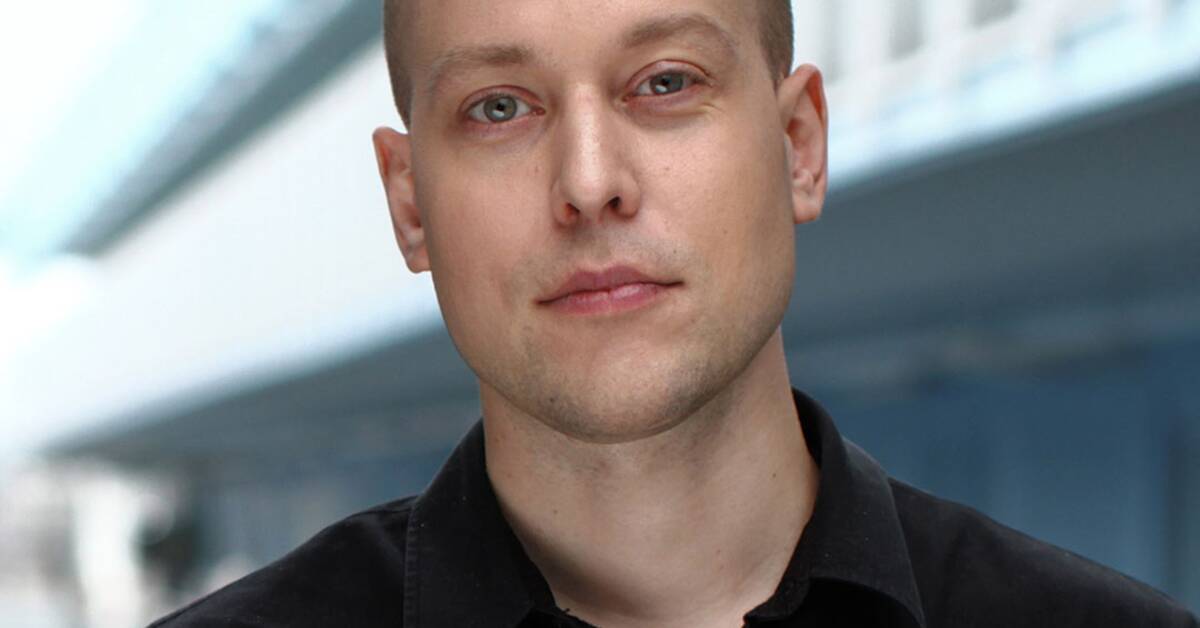A fictional scenario: The police authority has decided to download rapper Yasin's music video for "Chicago" from Youtube.
The song is one of the artist's biggest hits with seven million views, but since it describes violence in a gang environment, it risks exacerbating conflicts between criminal groups in Stockholm.
From now on
, all new music from Yasin will be approved by the Stockholm Police, and problematic content will be censored according to their wishes.
The example above is thus made up.
There are thus no sanctions against Yasin's music after the rapper was convicted of planning a kidnapping of a famous Swedish artist together with the Vårby network.
But had he been convicted of the same crime in Britain, the situation could have been different.
There, several of the genre's stars - such as LD, Digga D and rap duo Skengdo & AM - have seen their music censored in the same way as above.
Britain's legislation
against gang crime gives judges great powers to limit the lives of people convicted of crimes.
For gangster rappers, it can mean a ban on mentioning acts of violence or mocking rival gangs in their music.
The aim is to reduce the risk of gang-related violence, and since 2019, the London police have downloaded more than 500 music videos from Youtube.
Critics call it a restriction on freedom of expression, censorship of an already marginalized group.
Those who defend the legislation instead believe that it reduces violence - and saves lives.
Could similar restrictions be introduced in Sweden?
The political interest exists.
Minister of Culture Jeanette Gustafsdotter (S)
has said that the government wants to "look at" the connection between music and crime.
The Sweden Democrats want BRÅ to investigate the "harmful effects of gangster rap", and have opened up to stop Swedish Radio from playing the genre from a political point of view.
At the same time, the question is more charged than ever in Swedish cultural life: Since the 1980s, there has been a broad consensus on distinguishing between work and person.
Anyone who has criticized music on a moral basis has had to reckon with being dismissed and laughed at, like Siewert Öholm in the debate about dangerous hard rock.
But that truth was challenged last year, when rapper Nils "Einár" Grönlund was murdered.
The event shook the cultural world, and started a debate about how cultural journalism has failed to understand gangster rap.
Among the biggest stars
in the genre, artists with millions of streams, four have been convicted of serious crimes in the last year alone.
Even more are pointed out by the police as linked to criminal networks.
The murder and the prison sentences have made it more difficult to distinguish between work and person - and this means that questions that have had obvious answers for decades get a whole new charge.
How should the cultural world really relate to artists who are actively criminals?
Should they be invited to TV couches, be awarded prizes at galas and played on the radio?
There no longer seem to be any given principles to lean on.
Consensus is broken.
Outside the cultural world
, the question seems simpler: Gangster rap provokes.
When P3 praised Yasin as the artist of the year - at the same time as he was charged with kidnapping - it aroused great anger.
It's easy to see how the genre can easily become a symbol of gang crime.
Here, between the cultural world's difficulty defending gangster rap and the anger of those who despise the genre, a political opportunity arises.
It's not so strange if someone takes it.

